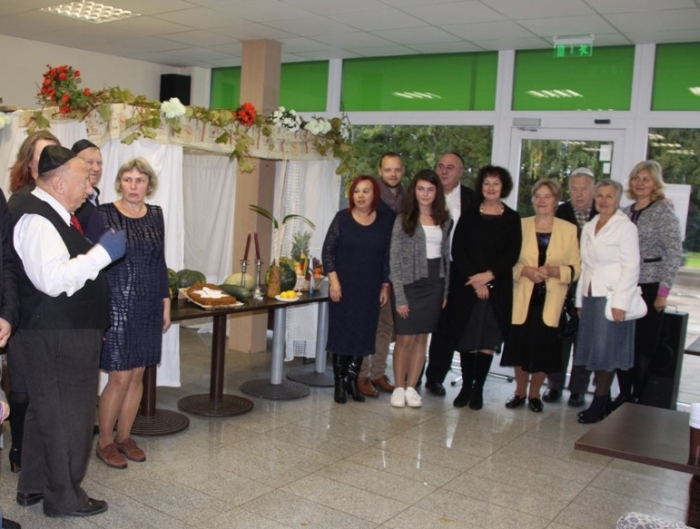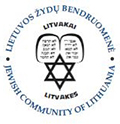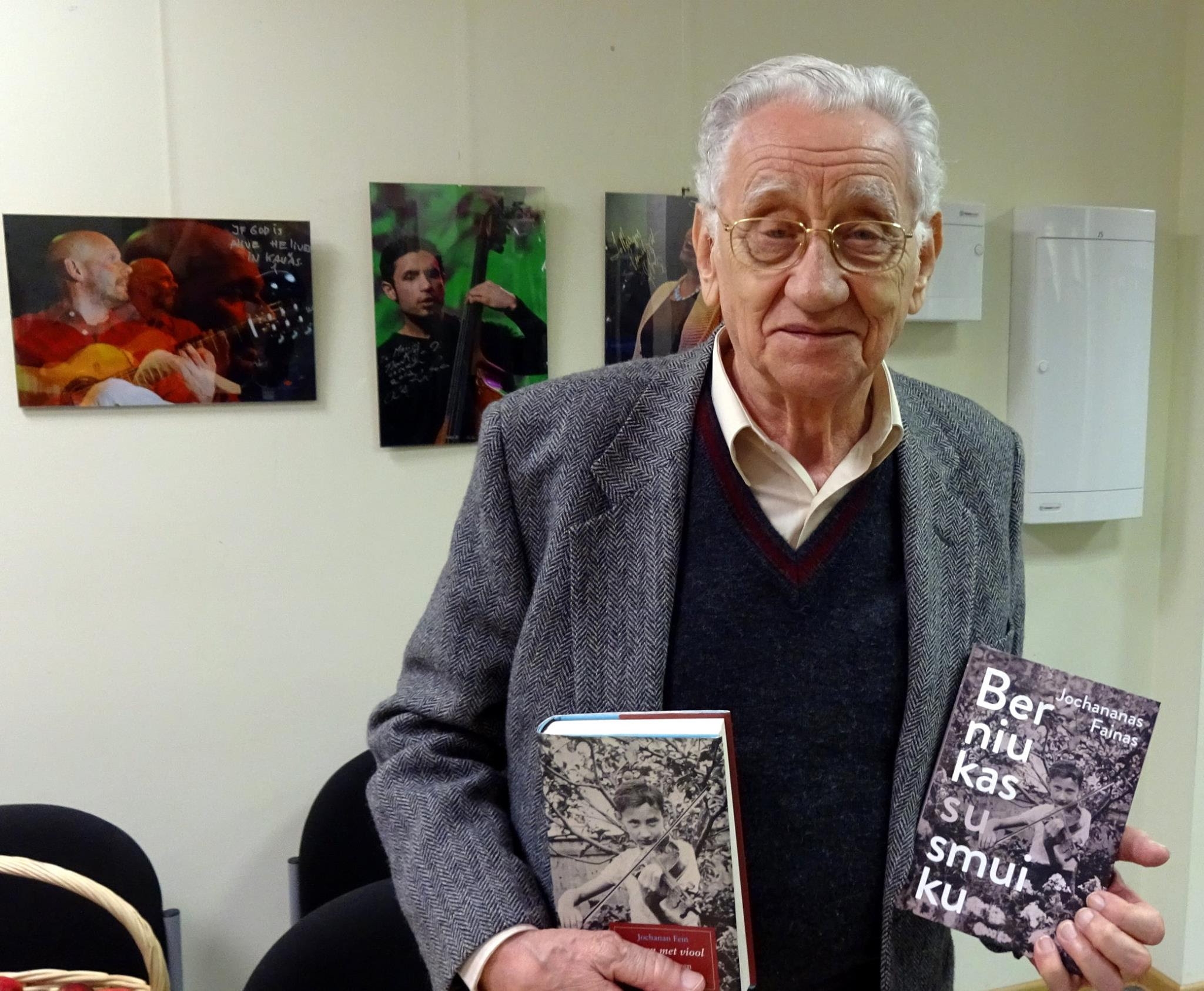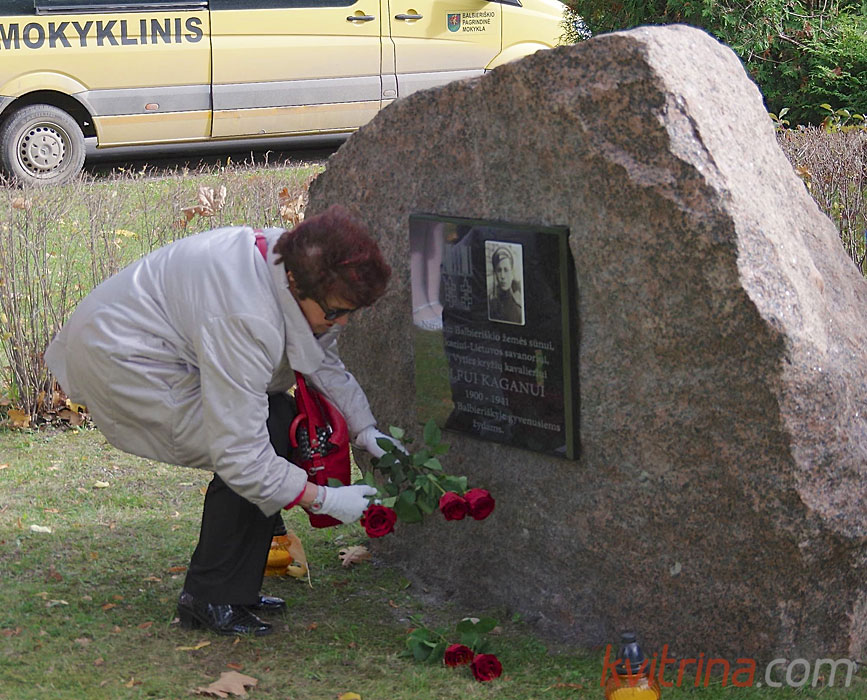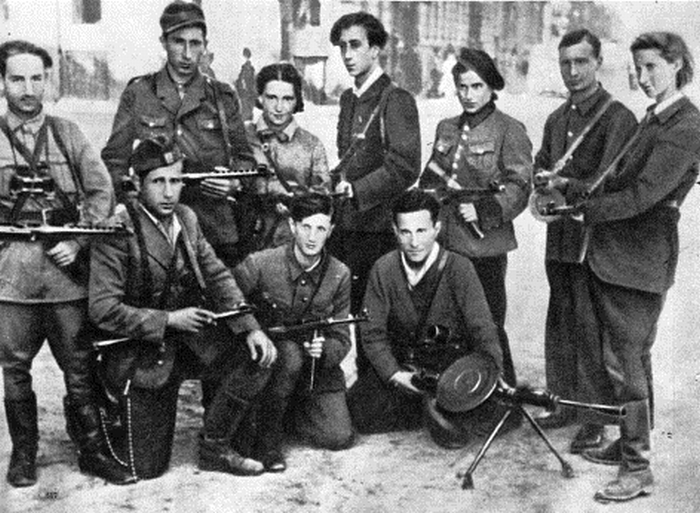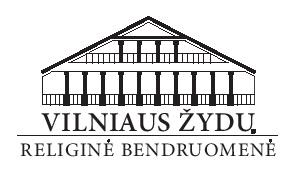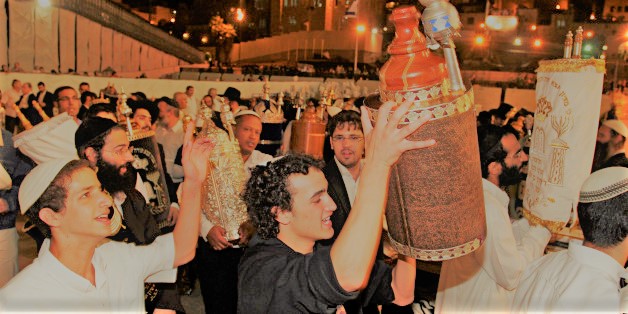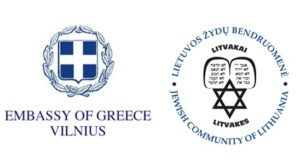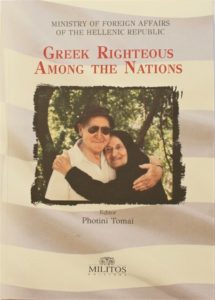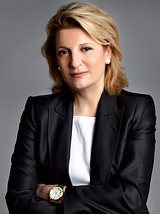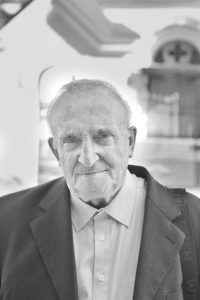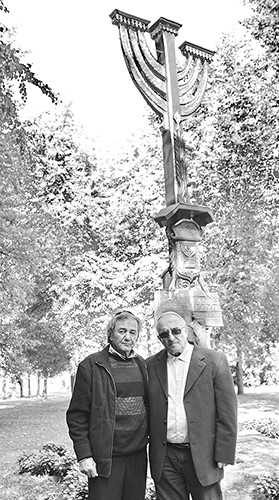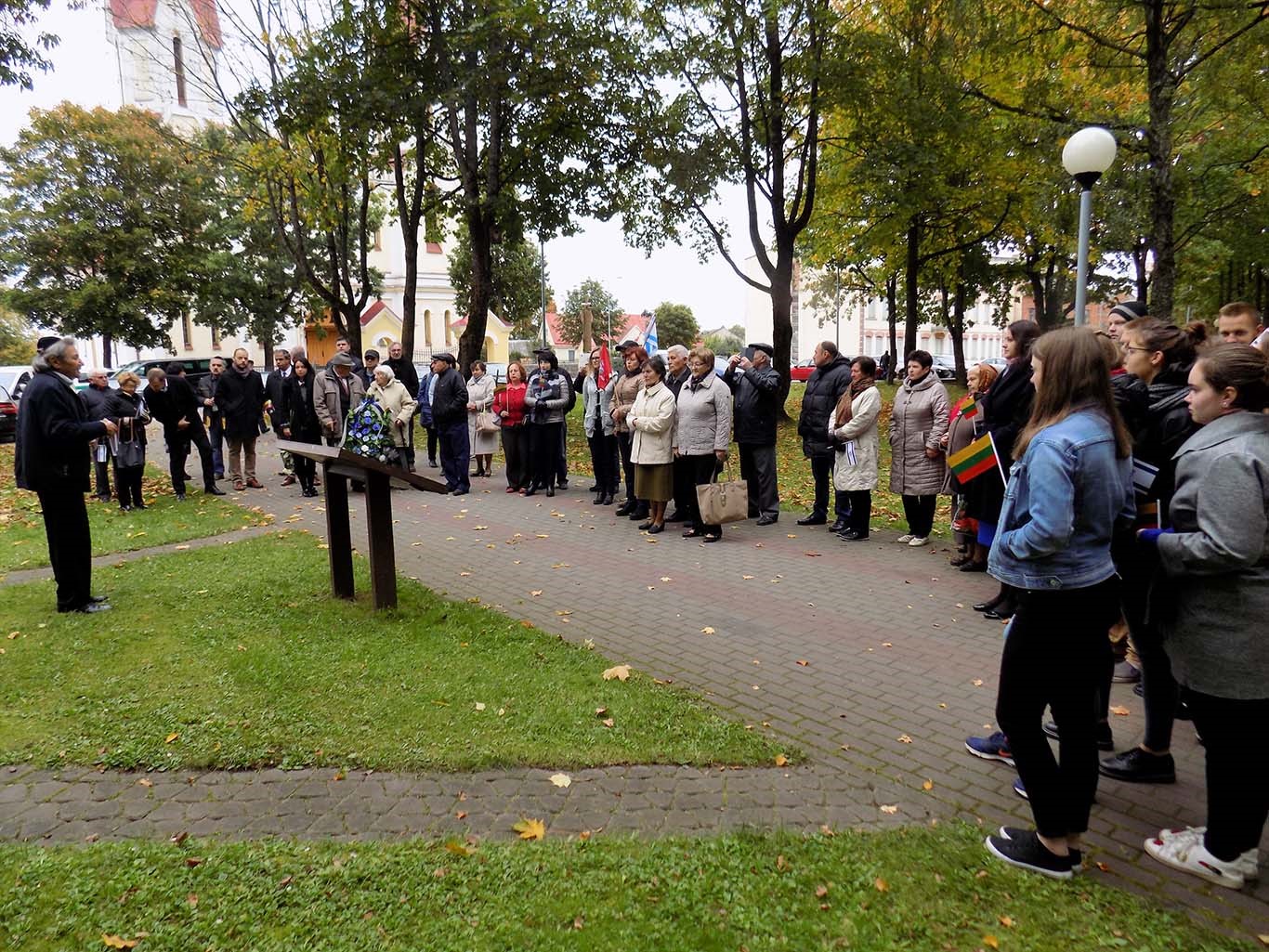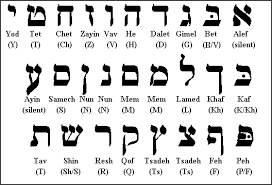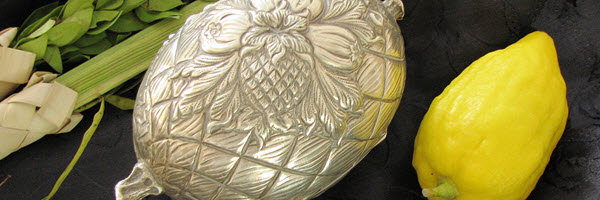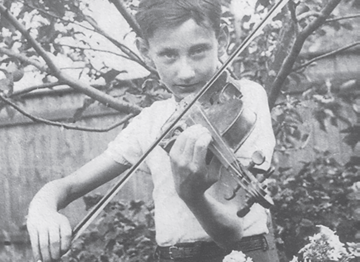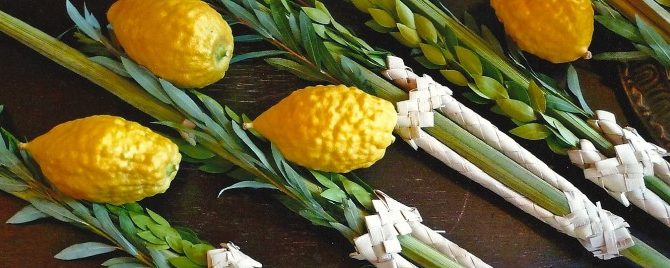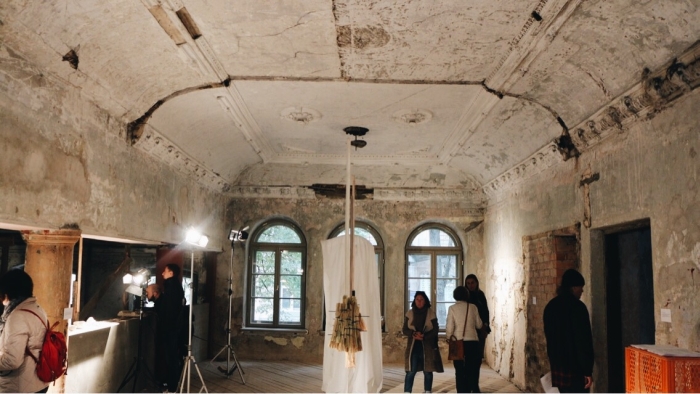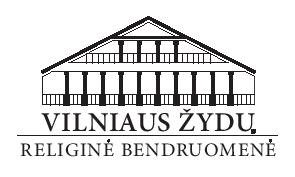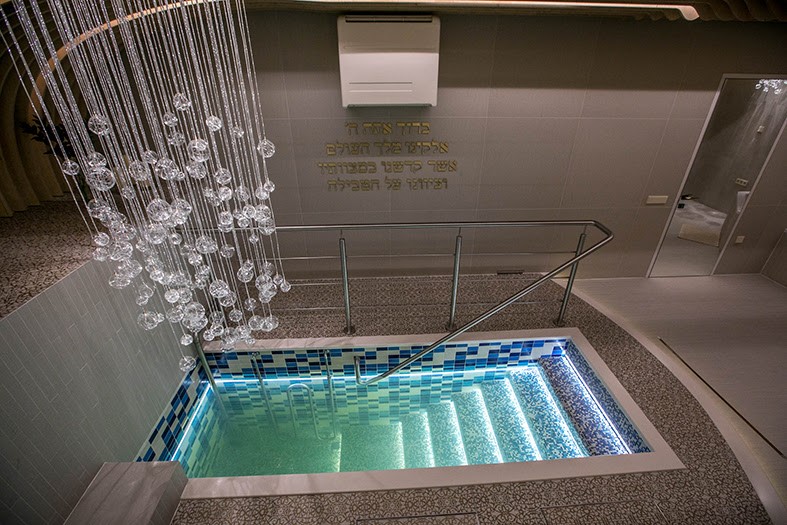
After a break of more than 70 years a mikveh, or Jewish ritual bath, was recently built and opened in the Old Town of Kaunas, thanks to the Kaunas Jewish Center. Mikveh construction was supervised by Rabbi Gedalia Olshtein, a leading world expert in the field. The luxurious mikveh is intended mainly for Israeli students studying in Kaunas, bet all female Lithuanian Jews are welcome to use it as well. William Stern, founder and patron of the Kaunas Jewish Center, hung a mezzuzah, a sort of Jewish good-luck charm, on the door frame at the opening ceremony. Rabbis and guests from around the world and representatives of the Kaunas Jewish Community attended the opening ceremony. Rabbi Moshe Sheinfeld, who has lived in Kaunas for six years, was responsible for all the work setting up the mikveh, with help from his wife Racheli. The rabbi said he had several choices for where to put the mikveh, but one abandoned building had a mezzuzah on its door-frame, which apparently made up his mind. The building was purchased from Lithuanians and no one now knows who the Jewish owners might have been.


